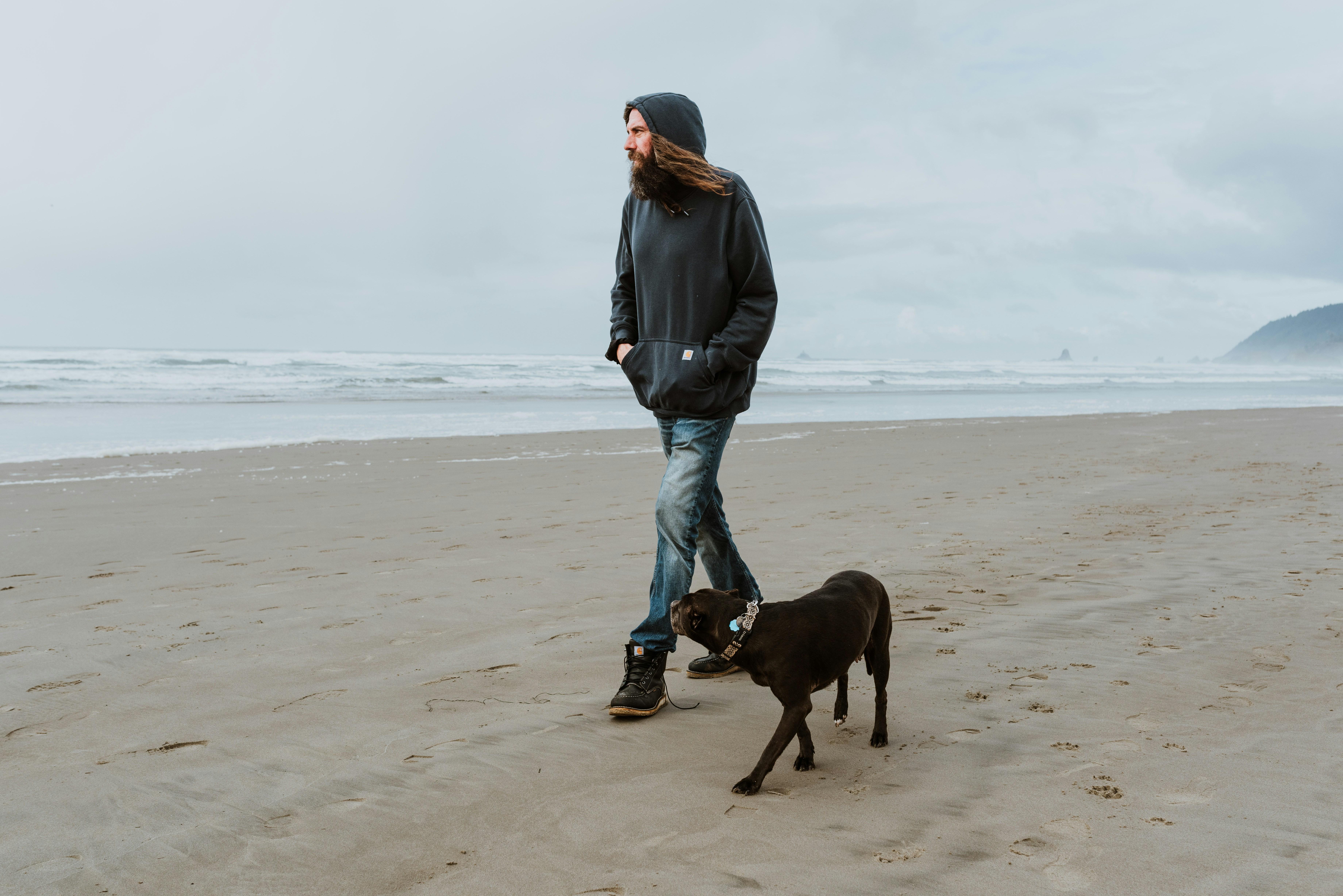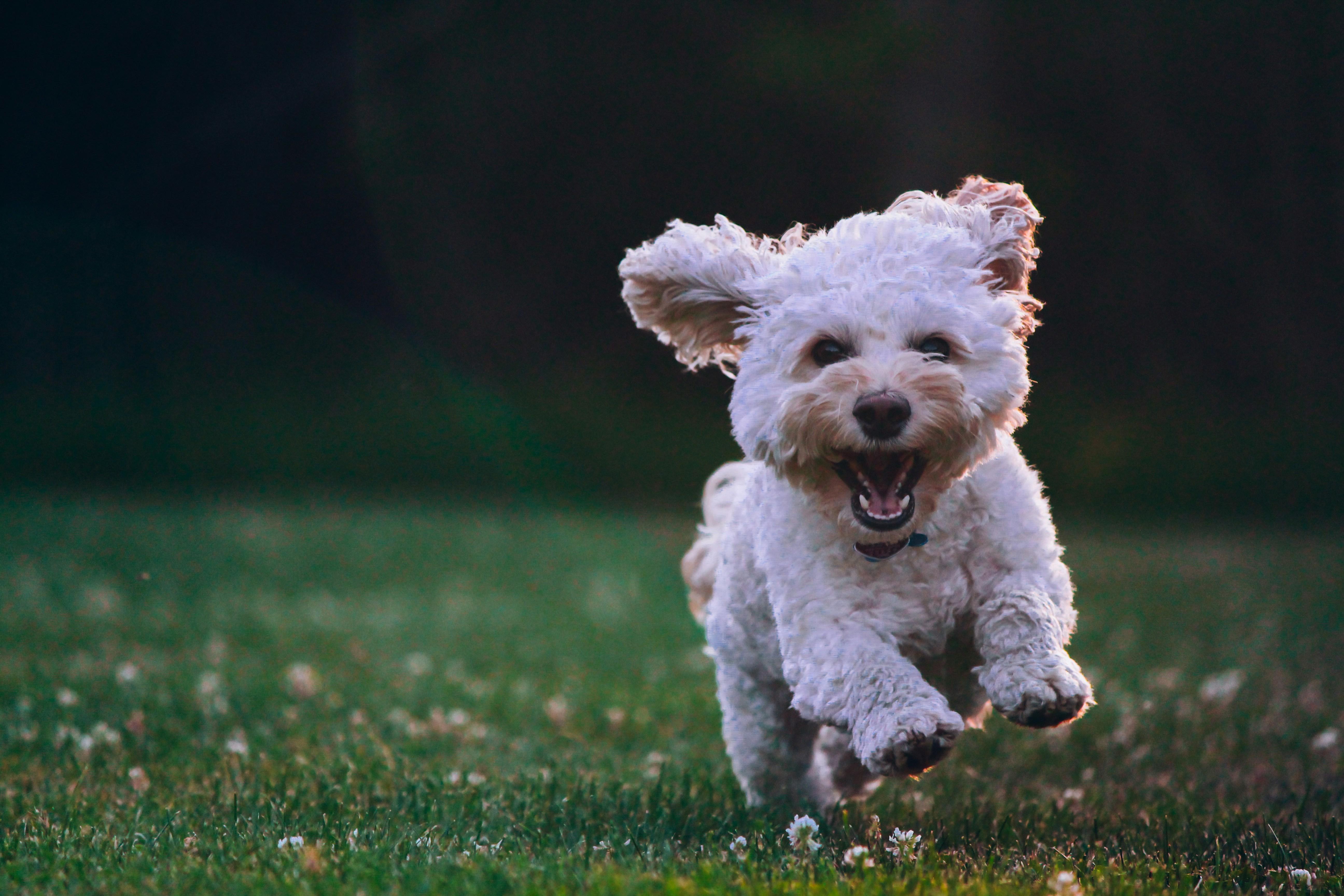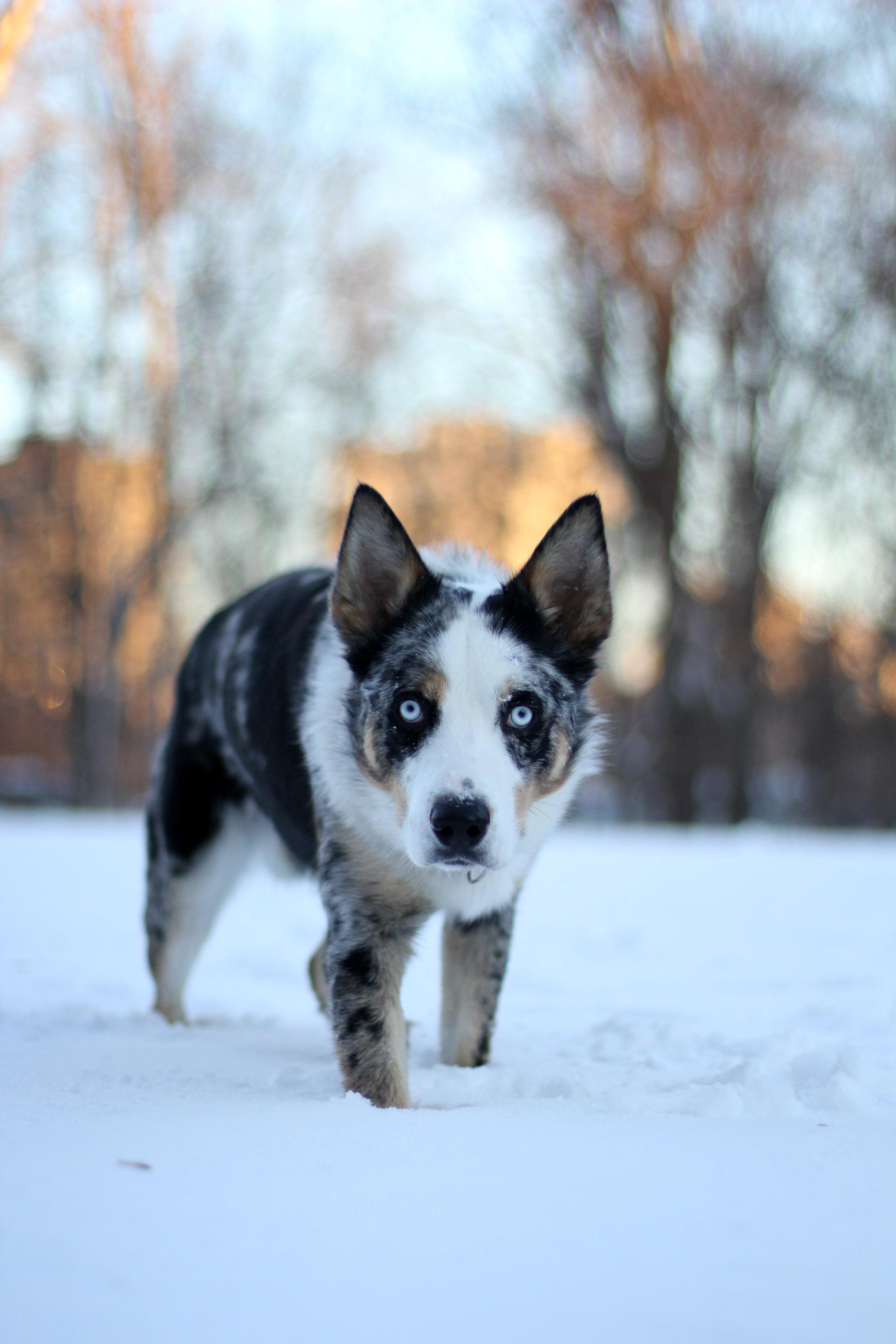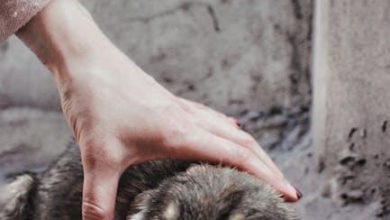Socialization Training to Prevent Aggressive Behavior in Dogs

In the serene landscapes of our neighborhoods and bustling city parks, dogs have long held the role of loyal companions and cherished family members. Yet, beneath their wagging tails and soulful eyes lies a complex world of instincts and behaviors that sometimes manifest as aggression. For dog owners, understanding and curbing these tendencies is not just a matter of safety but also of nurturing a harmonious relationship with their pets. Enter the transformative realm of socialization training—a proactive approach that not only addresses aggressive behavior but also fosters a well-rounded, confident canine. In this exploration, we delve into the art and science of socialization training, uncovering how early interventions and structured interactions can reshape a dog’s world, turning potential conflicts into opportunities for growth and connection. Join us as we navigate the path to peaceful paws and balanced behaviors, where every bark and wag tells a story of understanding and companionship.
Understanding Canine Aggression: Root Causes and Misconceptions
- Lack of Early Exposure: Dogs that haven’t been exposed to a variety of environments, people, and other animals during their formative months may react fearfully or aggressively when faced with unfamiliar situations later in life. This lack of exposure can cause them to perceive new experiences as threats, leading to defensive behaviors.
- Negative Past Experiences: Dogs that have had negative interactions or traumatic experiences may develop aggressive tendencies as a means of self-protection. This can be especially true for dogs that have been rescued from abusive situations or have experienced harsh training methods.
- Misinterpretation of Signals: Often, what is perceived as aggression can actually be a misunderstanding of a dog’s communication signals. Dogs may use growling or barking to express discomfort or anxiety, and misreading these cues can lead to unnecessary confrontations.
Socialization training aims to address these root causes by exposing dogs to a wide range of stimuli in a controlled and positive manner. This process helps dogs learn that new experiences are not inherently threatening, fostering a sense of confidence and adaptability. By understanding the misconceptions surrounding canine aggression, owners can better tailor their training approaches, focusing on positive reinforcement and gradual exposure to diverse situations. This not only aids in preventing aggressive behaviors but also strengthens the bond between the dog and their human companion.
The Role of Early Socialization in Shaping Temperament
Early socialization plays a pivotal role in determining a dog’s temperament, laying the foundation for a well-adjusted and confident companion. This formative stage involves exposing puppies to a variety of experiences, people, and environments, helping them develop a balanced outlook on the world. By introducing them to diverse stimuli, from different types of surfaces to the sounds of everyday life, you can cultivate adaptability and reduce the likelihood of fear-based responses. Puppies who are well-socialized tend to exhibit more predictable behaviors and are less prone to aggressive tendencies as they mature.
- Exposure to Diverse Environments: Regularly take your puppy to new places to help them adapt to different settings.
- Interaction with People and Animals: Encourage positive interactions with a variety of people and other dogs to promote friendliness.
- Introduction to Sounds and Textures: Familiarize them with everyday sounds and different textures to prevent sensitivity and anxiety.
Incorporating structured socialization practices early on is crucial for nurturing a temperament that embraces curiosity over fear, paving the way for a harmonious coexistence with humans and other animals alike. A well-socialized dog is more likely to greet new situations with a wagging tail rather than a defensive stance, making the world a more inviting place for both the dog and its owner.

Practical Socialization Techniques for Puppies and Adult Dogs
Ensuring that your furry companion is well-socialized is crucial in preventing aggressive behavior and fostering a harmonious relationship between your dog and the world around them. For puppies, it’s vital to introduce them to a variety of experiences, people, and environments early on. Positive reinforcement is key; reward them with treats and praise whenever they exhibit calm and friendly behavior in new situations. Introduce them to different textures, sounds, and sights, like walking on grass, hearing traffic noises, or meeting other dogs at a park. This helps in building their confidence and adaptability.
For adult dogs, socialization can sometimes be more challenging, but it’s never too late. Start by slowly introducing them to new environments and people, ensuring each encounter is positive. Consider using controlled exposure techniques:
- Gradually increasing the complexity of social situations
- Keeping initial interactions brief and stress-free
- Using a calm, assertive energy to guide your dog
Additionally, enrolling in a dog training class can provide a structured environment for your dog to learn social cues and proper behavior around other dogs and humans. Consistency and patience are essential; with time, even adult dogs can learn to enjoy and thrive in social settings.

Long-term Strategies for Maintaining Calm and Sociable Behavior
Ensuring a dog remains calm and sociable over the long term involves more than just initial training; it requires a consistent and comprehensive approach. A key strategy is routine exposure to diverse environments. By gradually introducing your dog to various social settings, such as parks, pet-friendly cafes, and even doggy daycares, you help them develop adaptability and reduce anxiety in unfamiliar situations.
Additionally, incorporating positive reinforcement techniques can significantly bolster their sociable behavior. Use treats, praise, or playtime to reward calm and friendly interactions. This not only reinforces good behavior but also strengthens the bond between you and your dog. Consistency is crucial, so establish a regular schedule for training sessions and social outings. Consider these practices:
- Frequent playdates with other dogs.
- Regular walks in busy areas to acclimate to different sounds and sights.
- Engagement in obedience classes that emphasize social skills.
- Introducing them to a variety of people, including children and elderly individuals.
By adopting these strategies, dog owners can foster a peaceful and socially adept companion, minimizing the risk of aggressive behavior.



